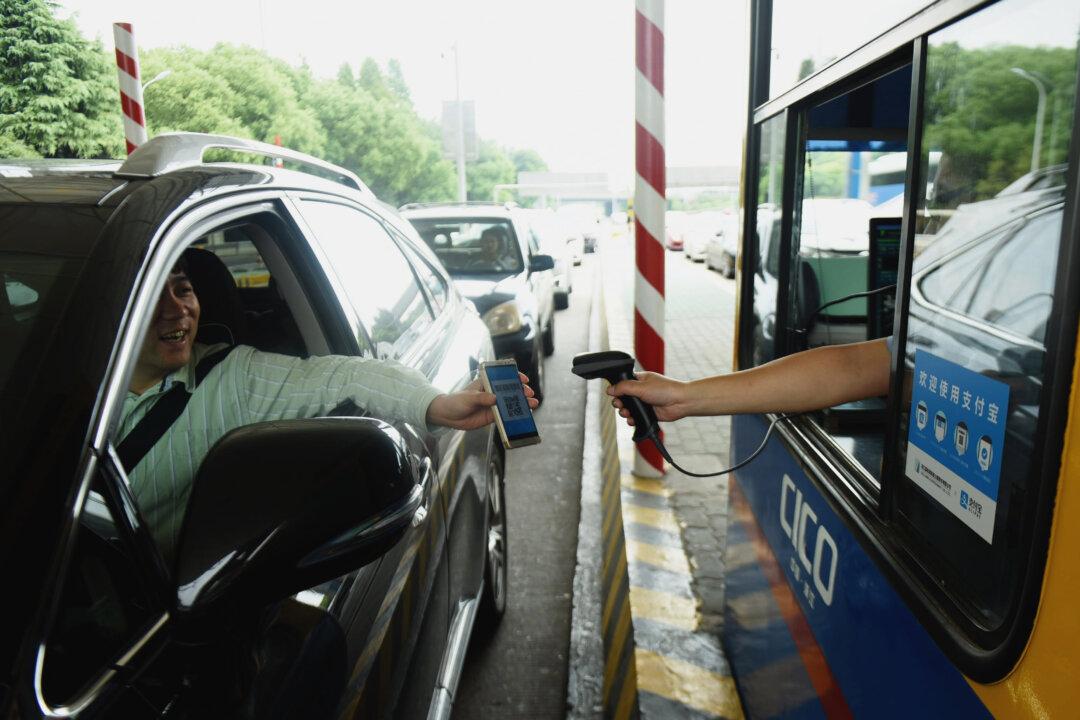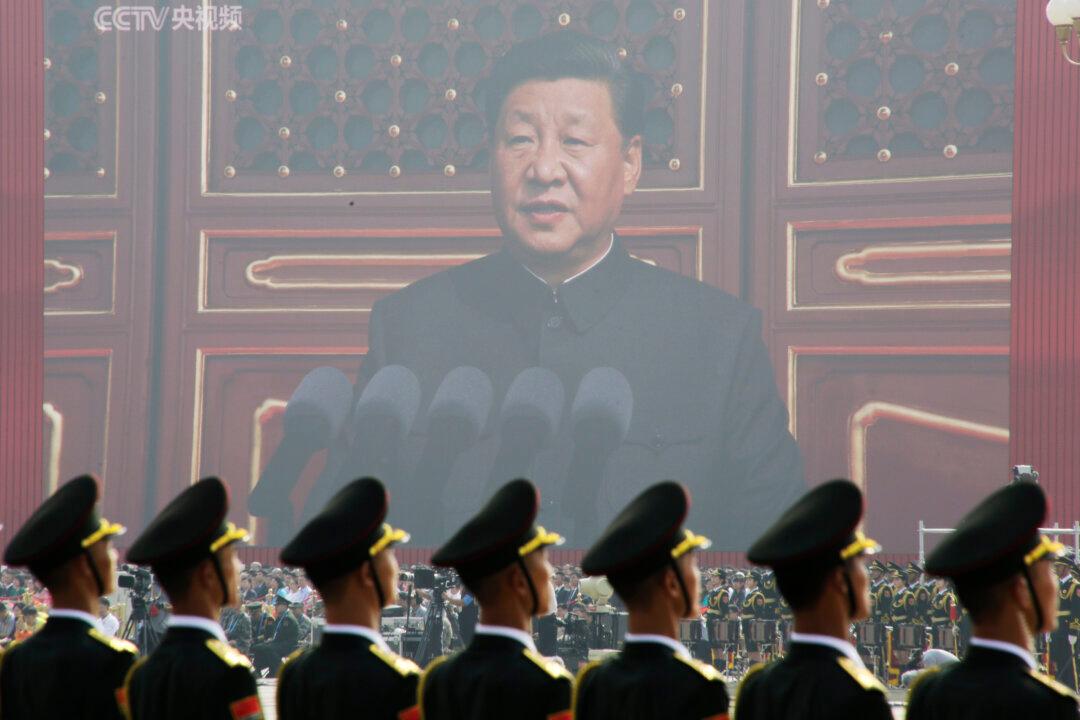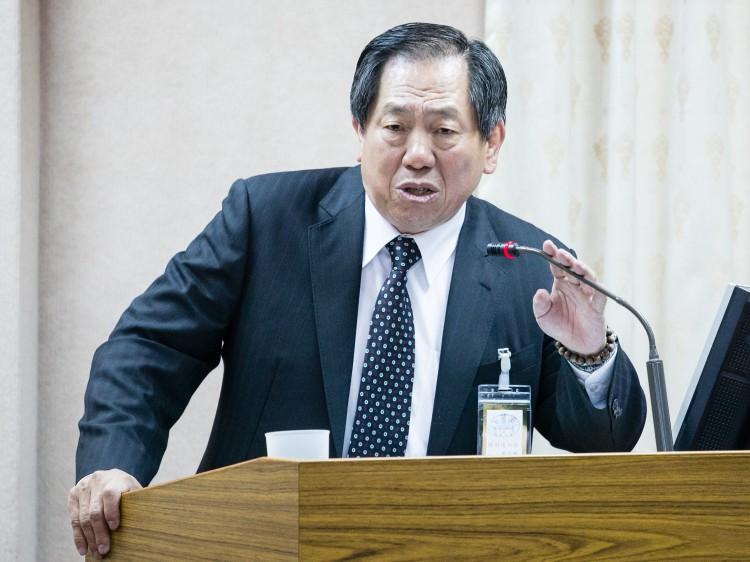In China, breakfast at the local food stall can be paid for with a smartphone: scan the nearby QR code, and the money gets automatically deducted from the account linked to the device.
Chinese consumers have embraced mobile pay on a scale far exceeding that of other countries. In a 2016 survey conducted by Nielsen with consumers in 26 countries, 86 percent of Chinese respondents said they made purchases with digital payments in the past six months, compared to an overall average of 43 percent among all countries.




